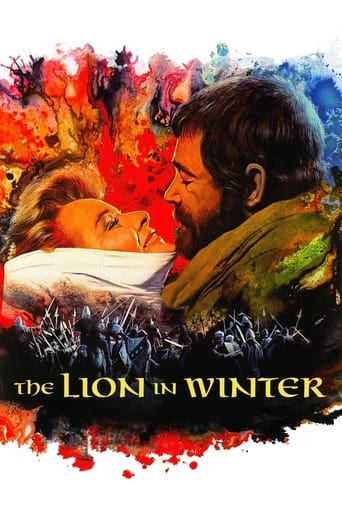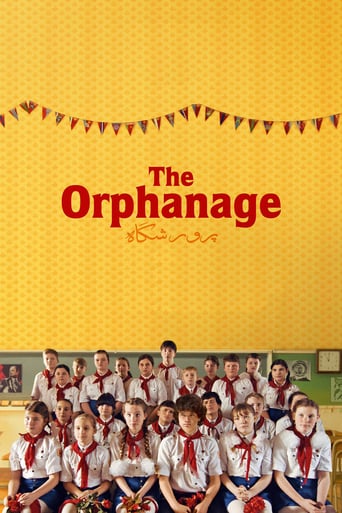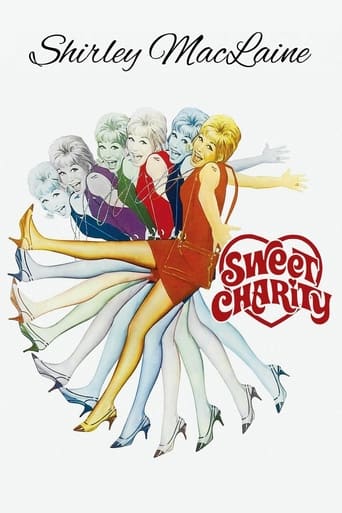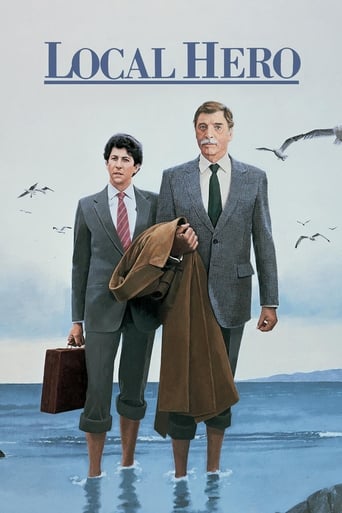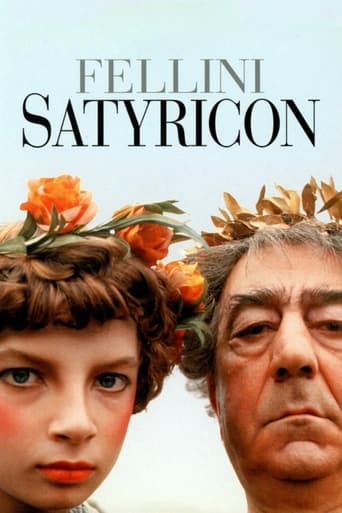


Fellini Satyricon
After his young lover, Gitone, leaves him for another man, Encolpio decides to kill himself, but a sudden earthquake destroys his home before he has a chance to do so. Now wandering around Rome in the time of Nero, Encolpio encounters one bizarre and surreal scene after another.
-
- Cast:
- Martin Potter , Hiram Keller , Salvo Randone , Magali Noël , Capucine , Fanfulla , Gordon Mitchell


Similar titles
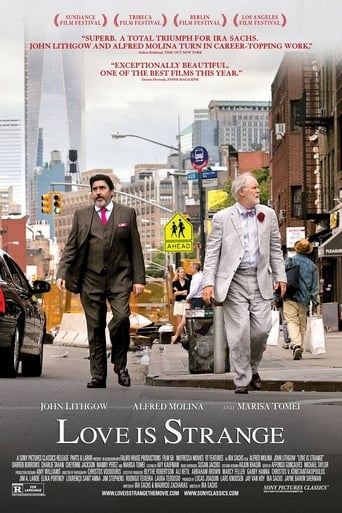
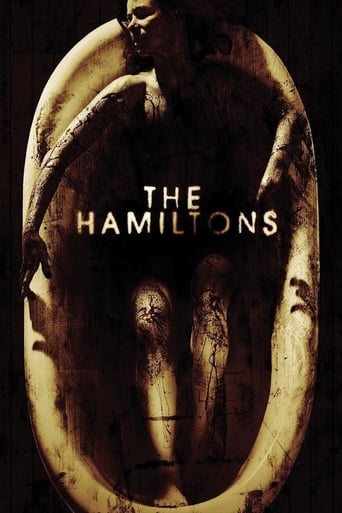
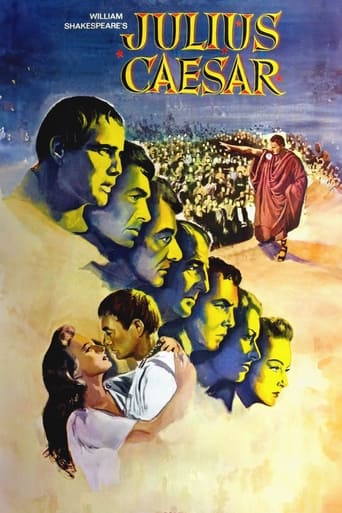
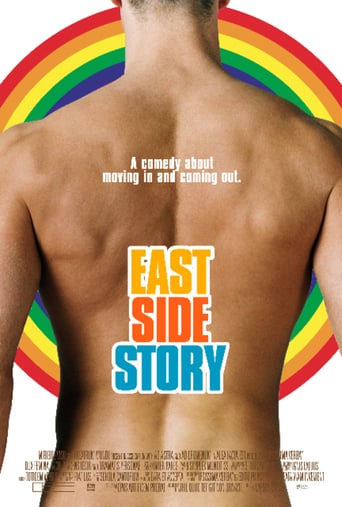
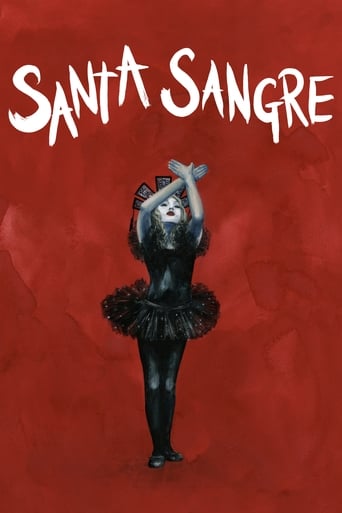
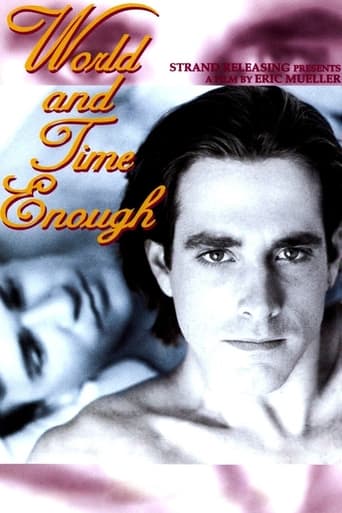
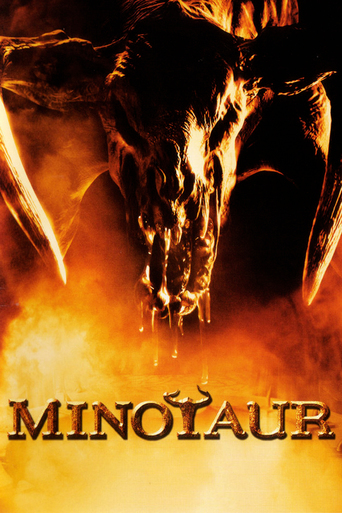
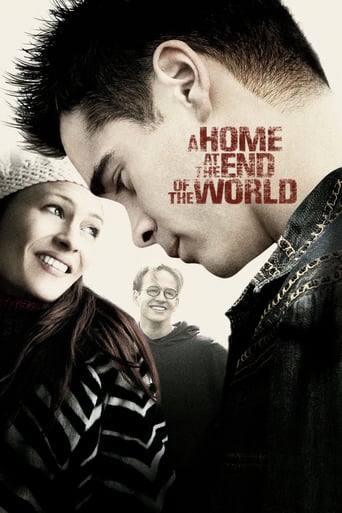
Reviews
What makes it different from others?
What a waste of my time!!!
The greatest movie ever made..!
The story, direction, characters, and writing/dialogue is akin to taking a tranquilizer shot to the neck, but everything else was so well done.
Pure debauchery! Masterfully shot, costumed by Danilo Donati, this is a fashion film. It's like watching supermodels at Alexander McQueen. I have no idea what's going on, but I have no objection. Beautiful, half- naked people sprawling around some impossible, dream-like scenery... There are actual 1960s supermodels in this: Capucine and Donyale Luna. They walk around like installations, with extravagant makeup and headpieces on. If you want to see excess, watch this.
In "Satyricon", Fellini fills the screen with bodies and colors. Some describe this as "visual splendor", but the visual elements of this film are less than satisfying.This unconventional film seems to be dedicated to subversion or shock, perhaps for its own sake. But it lacks emotion, so as art, it is a shallow exercise. Art without emotional content is merely a collection of images.The scenes in "Satyricon" feel like fragments of dreams. Perhaps it was therapeutic for Fellini, but for the rest of us, it is merely a curiosity. Its concentration on images of religion, mysticism, and superstition makes it more irrelevant. The film's portrayal of the grotesque and absurd feels self-important and self-indulgent. In many ways, "Satyricon" is amateurish. The acting is bad. Actors laugh throughout the film for no apparent reason. The makeup is theatrical. The action and dialogue is disjointed. Even the English translation is horrible and unreliable, as if written by a first year student of English who is distracted.At one point in the film, a character says "playing a joke on a foreigner" is great fun. What fun Fellini may have had, laughing at the viewers who visited the strange world of "Satyricon".
If a filmmaker's appeal were solely based on seduction, then Federico Fellini would epitomize the expression "hard to get". Still, what a relief when we finally 'get' him! I remember a few years ago, my first intended immersion into Fellini's universe was through his groundbreaking "8½". As a result, I waited one year and half before giving a second chance to Fellini. This is how disappointed I was, maybe less by the film than by my inability to claim that Fellini was an avant-garde genius. I guess I dived too brutally in cold water, while I should have approached it step by step. I started then with his neo-realist period, and after "Nights of Cabiria" and "La Strada", my heart was conquered and the rest of his oeuvre, including "8½", confirmed my feelings that Fellini was on the field of emotions what Ingmar Bergman was on human psychology, essential to Cinema and complementary like libido and psyche for humans. And through the most libidinous "Satyricon", Fellini signs the most defining of all his films. And defining is the right word, because from our perspective, it means that Fellini's detractors would certainly pick "Satyricon" as a proof of Fellini's self-importance, while his adulators will consecrate it as the quintessential artistic expression of a genius, who was the mirror of human's most pervert yet fascinating sides. But let me be the devil's advocate, when talent can allow such magnificent deviations, it can afford pretentiousness, which in Fellini's case, is never a posture, but a risk-taking dynamic tunneling us into our most repressed sensations. Still, all through "Satyricon", I kept wondering how much time I would have waited before giving the 'second chance' had I seen it first. The film is a hyperbolic depiction of whatever Fellini stood for, a universe made of freaks, weird, funny-looking characters, debauchery, boredom, sexuality, amorality, poetry, blood, gluttony, feast and fantasy, as nonsensical and unsettling as they could get in the mind of the most twisted of us all. But it takes Fellini's genius to transcend the inner ugliness of humans and make such a cinematically significant movie. As I said for "La Dolce Vita", the morally worst can bring the aesthetically best."Satirycon" was loosely based on a poem from Petronius, a writer who lived under the reign of the lunatic Emperor Nero. The poem, discovered a few centuries ago, was made of disjointed fragments, the perfect format for the director who, since "La Dolce Vita" and before "Amarcord" cherished movies' structure made of independent little vignettes. The Fellinian experience is like a trip in a dream-like universe, when episodes don't need a connection to have relevance, where characters are defined by their mythological, mystical and sometimes physical attributes rather than any psychological notions or plot devices. And like a perfect dream-like escapism, the dazzling cinematography made of purple skies and splendid combinations of lights and shadows, reinvents the settings of Antic Roma in its most decadent days, before Christianity would set a new tone, when lifestyle was made of weird and bizarre distractions meant to conceal life's suffocating boredom. The film is made of one stunning sequence after another, and will probably be most remembered for the unforgettable orgy in Trimalchione's house, a sort of trip in an Antic world that never seemed as modern. And we hypnotically follow him as if we sensed a cathartic effect in this orgy of excesses, succumbing to devilish voyeurism to better expiate from our lowest impulses, just as Peckinpah's use of excessive violence in "The Wild Bunch". "Satyricon" is a journey in a world where normality is meaningless, where beauty is asexual, and sex is ugly, but both so appealing. A world where everything is corrupted and even poetry is traded for honors, food and fun. "Satyricon" is moral corruption is like a form of salvation as if it extrapolated Fellini's own impulses, own desire to dare such shots for the sake of digression. And it works because Fellini is pretentious but not self-important, his excesses create a coherence that makes the calmer and ordinary moments more awkward. Two men marry together, a beautiful black woman ignites fire from her vagina, a slave has his hand cut-off to entertain a hysterical audience in a theater, and we have no choice but to plunge in the lowest parts of humanity, like the abysmal depths of Pompeii before its imminent explosion."Satirycon" is beyond any explanations, and a real challenge for criticism. It is an Odyssey in a Roma that probably never existed, but had all the predispositions to allow Fellini to project his inner demons and most pervert fantasies into it, the universe created is unsettling but had it tried to be normal, it would have been a disaster just like Visconti 's "The Damned", released the same year. The film was as bizarre, as unsettling, but its realistic setting made the experience confusing by trying to battle in too many fronts of our perceptions. What a year for filmmaking anyway, released in the summer of love, "Satyricon" is the exaltation of freedom, it embraces the total zaniness of its project and therefore belongs to the category of 'films victims of their own greatness'. I used the same terms for Stanley Kubrick's "A Space Odyssey" and John Cassavetes' "Husbands", the movies convey the very feelings that inhabit the director's heart, illustrating in the form the point made by the content and transmitting it to the audience, at a time where cinematic creativity was at its peak. Watching "Satyricon" made me regret the crowd-pleasing aspect of today's cinema. And Fellini didn't give a damn about pleasing crowds: as a true author, he created immortal classics. Not that I'm planning to watch the film again, not that I believe it's a masterpiece, but it's a film of guts, of images and entertainment, sitting majestically on the throne of its ugliness, above our boring prudishness.
It would be nice to think that the Ancient Romans were a lot like us. After all, America's founding fathers looked up to the stern fathers of the Republic far more than they ever did to any so called Judeo-Christian values. We have a "Senate House" on a Capital Hill, and our national bird is more than a little consciously modeled on the symbol of Imperial Rome. Indeed, Alexander Hamilton, when asked, declared that "the greatest man who ever lived was Julius Caesar." Heady stuff, no? Of course, the real thing was nothing like what we imagine it was. If by some miracle a time machine was invented, and we somehow found ourselves in the Forum some day in , oh, 44 BCE, say, we would be completely baffled by the people around us, their behavior, their language, their modes of dress, their beliefs about the afterlife, etc, etc. They would be, essentially, alien, in far more ways than they would resemble us. So here, in his usual fascinating, over-the-top way, Fellini gives us his own mishmash, hodge-podge version of Rome in the 1st century, scary, alien, bizarre, oddly comical, dehumanizing, and very erotic without being pornographic (Bob Guccione clearly misunderstood the whole point of Satyricon when he stole the "look" of the film for his "Caligula", which failed on so many levels that it isn't even able to pull off "cult" status). It "feels" so right about so many things, even when it veers off into fantastical territory. It brings the vibrant color and vicious thought processes of the pagan world into full focus, allowing us to see, perhaps, why the Christians were so vehement about not wanting anything to do with it, and also, just as likely, just how prudish those same people probably were (sure, poverty is awful, but if you really thought that you wouldn't spend so much more time talking about how sex is an even GREATER evil. . .don't ya think? Priorities, folks, priorities. . .)The story is not really the point. . .suffice it to say that there is a light thread throughout about the adventures of two students, both probably Greeks living in southern Italy, Encolpios and Ascyltos, and their mutual lust for a slave boy, Giton, who leaves Encolpios for Ascyltos, since he has more money. The story is fragmented, as is the surviving text of the original work by Petronius, but there is abduction, shipwreck, bizarre Gods and Godesses roaming about, wise men unable to deal with the damnable times, and several possible morals, or none at all, depending on your viewpoint. It is probably the most "on the money" depiction of the ancient world put to film. . .incoherent, beautiful, and very, very bizarre.

